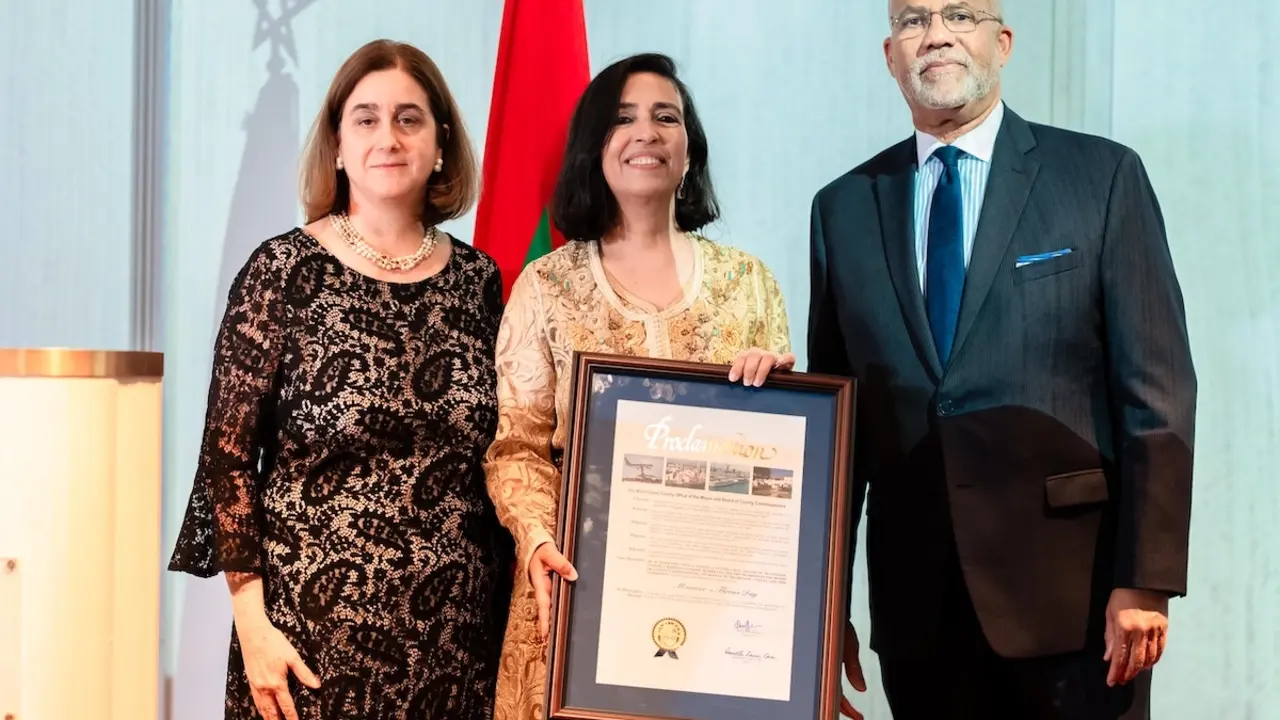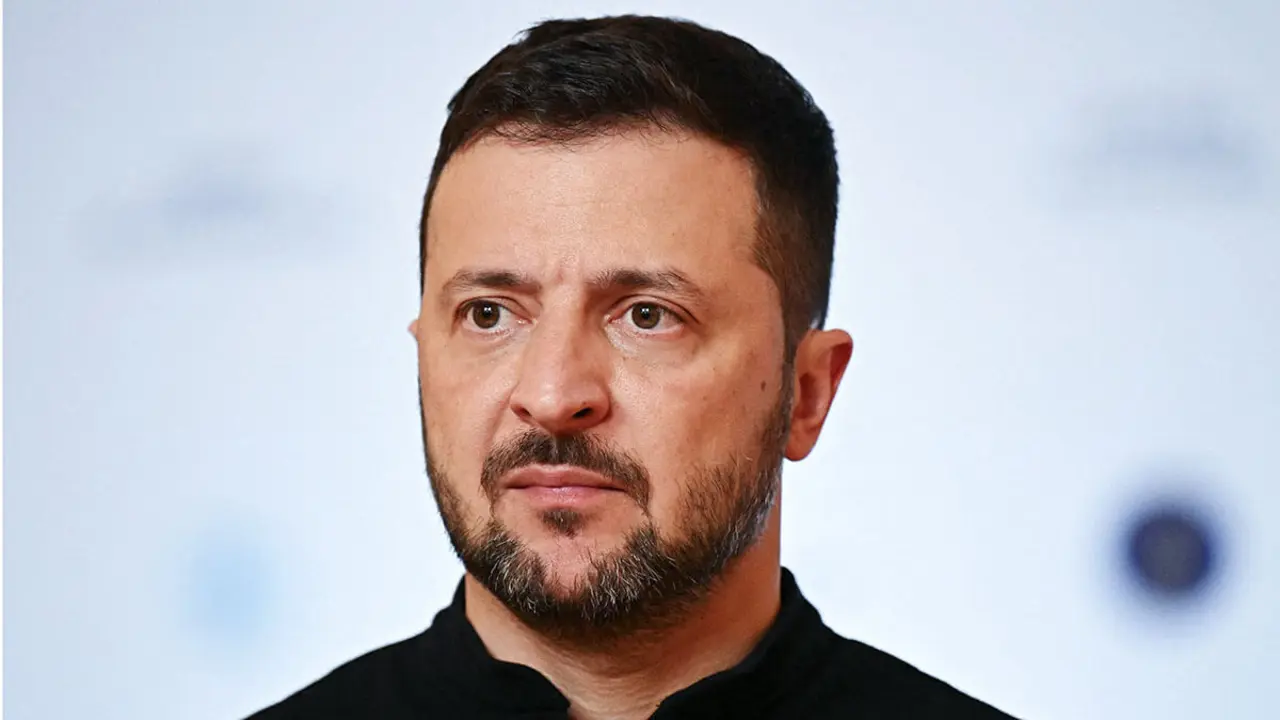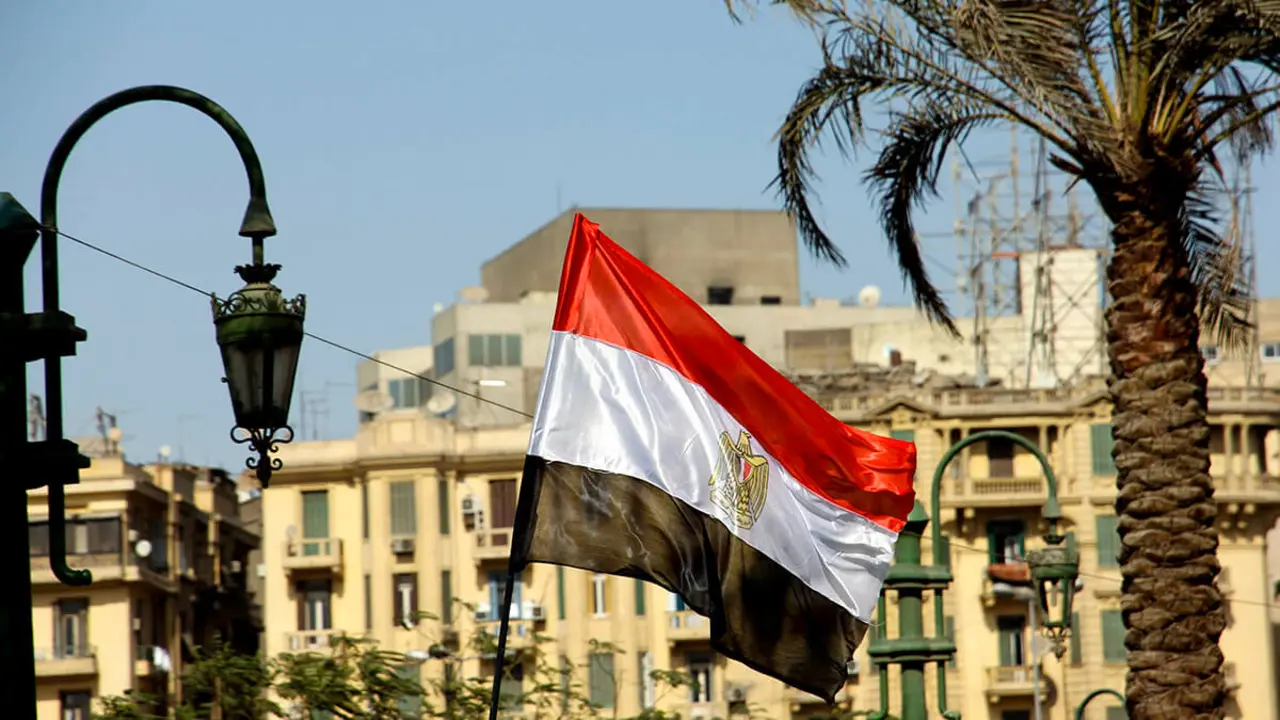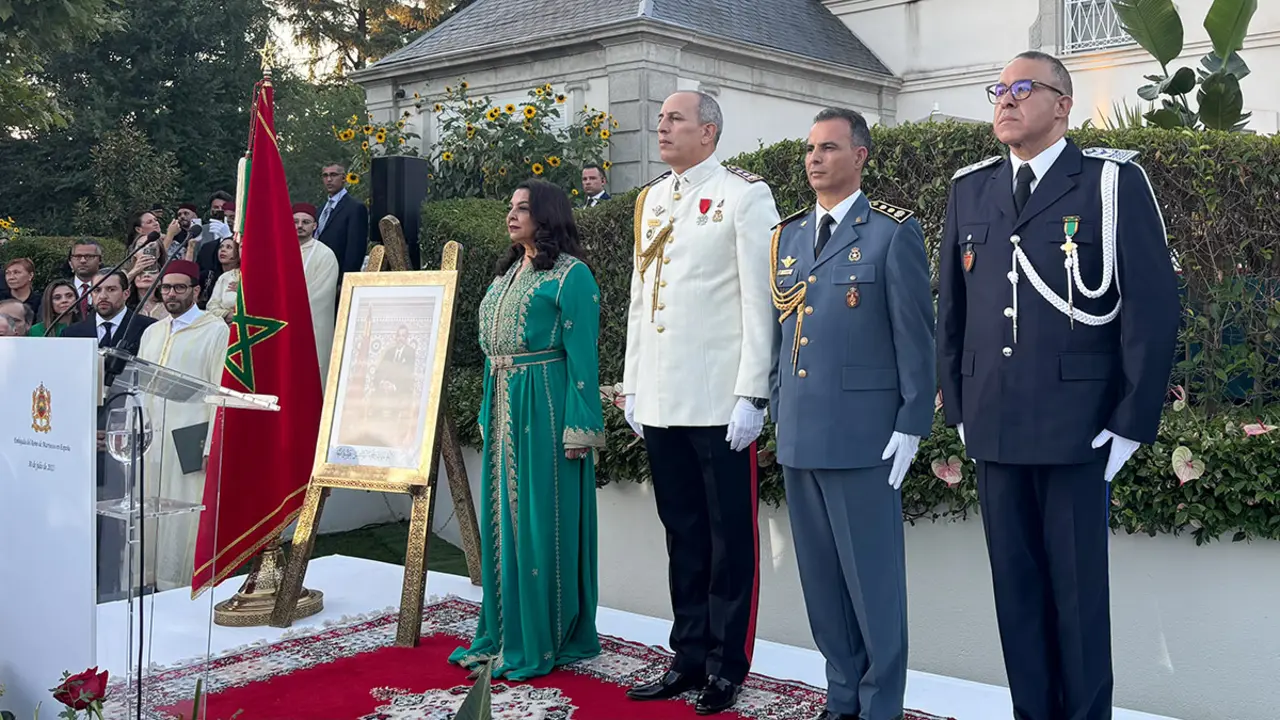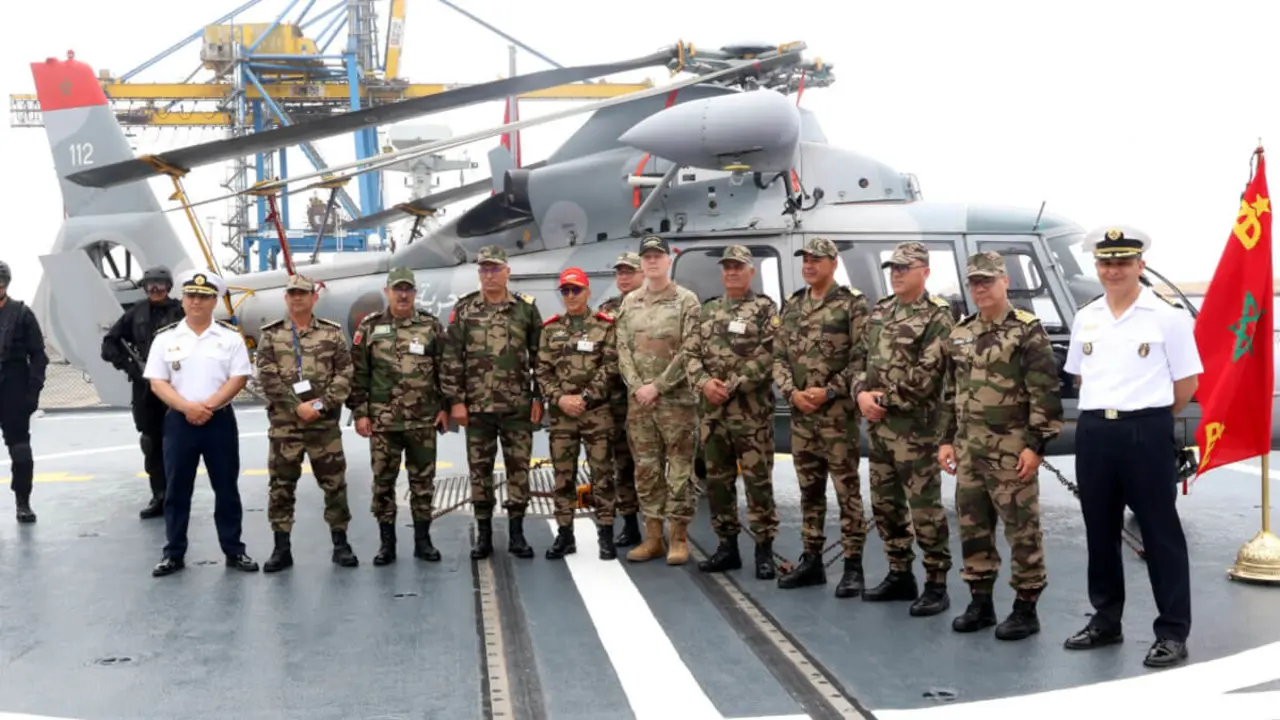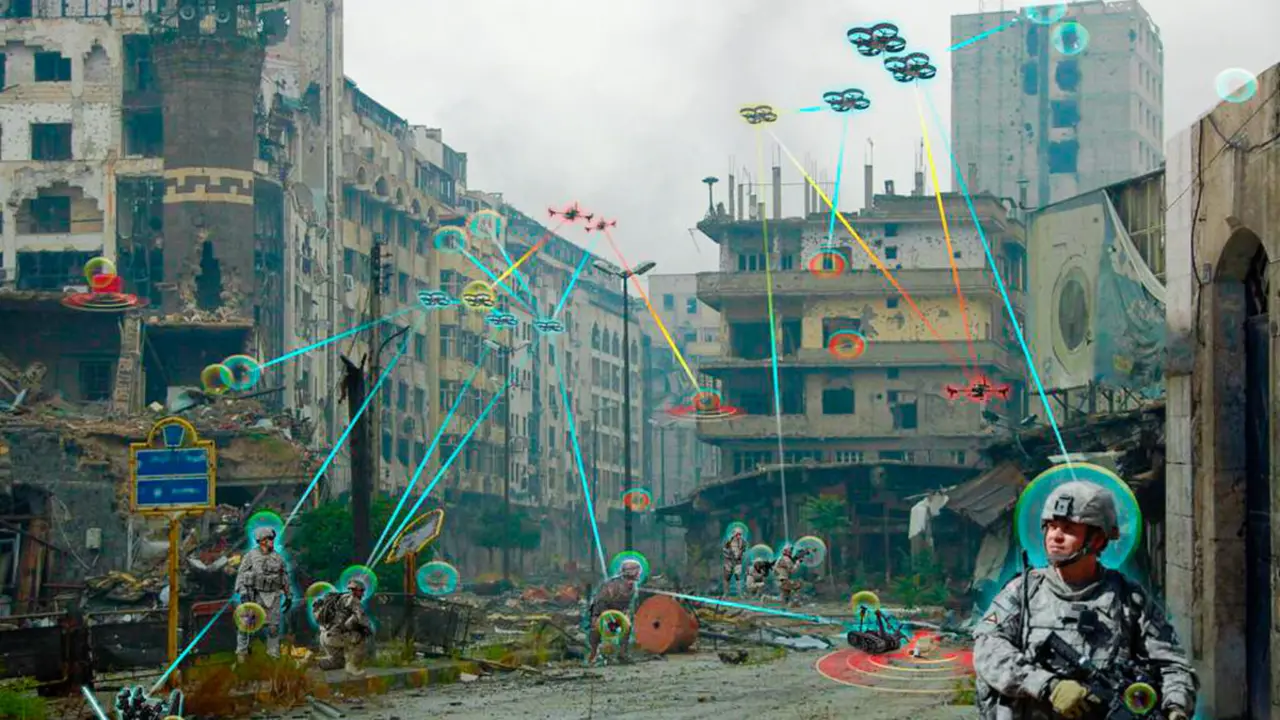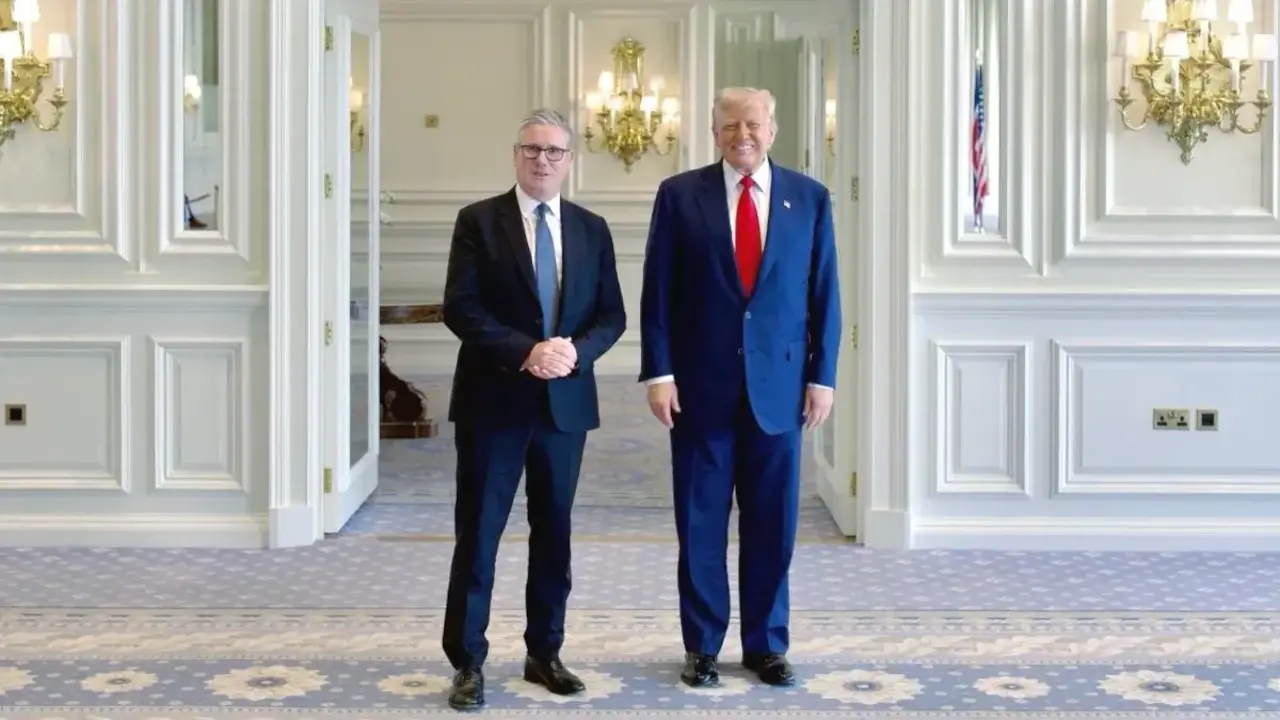Washington warns of growing Iran-Russia partnership

Iran and Russia are growing ever closer in their bilateral defence ties. According to the White House, this "unprecedented" and "large-scale" partnership will help Moscow prolong its invasion of Ukraine, while posing a threat to the Islamic Republic's neighbours.
Within this cooperation, US National Security Advisor John Kirby highlights the supply of more than 400 Iranian drones - mainly Shahed - to the Russian military since August. These unmanned aerial vehicles have been used by Russian troops to attack civilian infrastructure in Ukrainian cities such as Kiev and Odessa.
In addition to drones, Kirby has warned about ongoing talks between Iran and Russia over the sale of advanced weapons. According to the US adviser, 'there is every reason to believe that Moscow will use them to continue its attacks against targets in Ukraine'. Rumours emerged late last year about the possible delivery of additional Iranian weapons to the Russian military, including short-range missiles.
Footage of the moment of Iranian Shahed-136 loitering munition operated by Russia hitting its target in the Ukrainian city of Odesa earlier today. pic.twitter.com/TvNWRr7hOX
— Status-6 (@Archer83Able) September 23, 2022
This military backing, coupled with protests in Iran, has strained relations between Tehran and the West in recent months. The European Union and the United States accuse the ayatollahs' regime of directly supporting Moscow during the war in Ukraine, which is why Washington imposed sanctions in November on three Iranian entities that produce and supply drones to Russia.
Even so, Kirby announced during a press conference that the United States will impose more sanctions in the coming days against those involved "in military trade" between the two countries. He said the Biden administration will work with its allies and the United Nations to expose the defence partnership between the two countries. "We are using the tools at our disposal to expose and disrupt these activities, and we are prepared to do more," said the National Security Advisor, who described Tehran as Moscow's "principal military backer".
This is how our Air Defense shot down iranian drones over Kyiv at previous night during massive drones attack
— Xenta (@Xenta777) May 9, 2023
This video shared by Ministry of Defense of Ukraine pic.twitter.com/CMy1wtehPY
While Iran supplies weapons to Russia, Moscow has provided defence, air defence and electronic support to Tehran, which is boosting Iran's 'disruptive' activities in the Middle East. Last February, the White House even indicated that Russia might provide Iran with fighter jets as part of an expansion of bilateral defence ties.
The two countries have also begun to link their banking systems in order to boost trade and financial transactions, as well as to address sanctions imposed by the West.
Both Russian and Iranian banks are disconnected from the international interbank messaging service SWIFT. The Islamic Republic was disconnected from that system after the United States abandoned the nuclear deal in 2018 and imposed new sanctions on the Iranian regime. Russian banks, for their part, have experienced limitations since the invasion of Ukraine.

